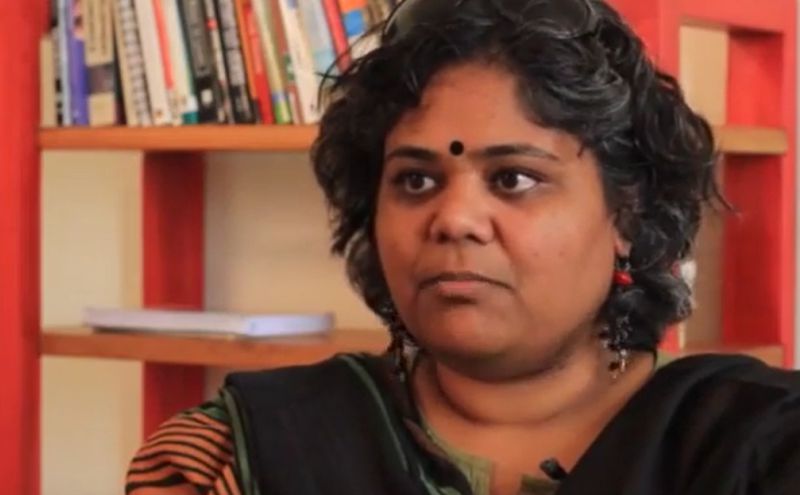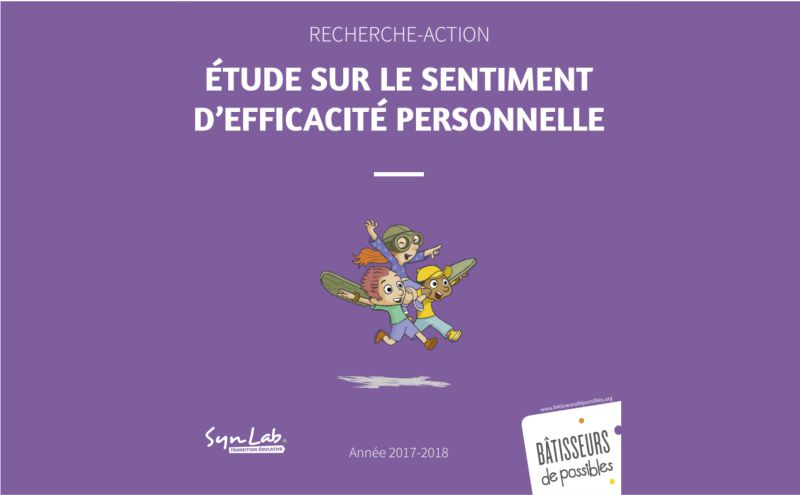Design For Change has been conducting continuous studies to reaffirm the impact of the FIDS approach on the holistic development of children. DFC along with The Good Project, a research initiative under Project Zero at Harvard Graduate School of Education, conducted a research to study the impact of DFC on developing empathy and problem solving.
Research conducted by The GoodWork Project has reaffirmed the impact of the FIDS approach on the development of skills like collaboration, creative thinking and empathy.
That the confidence developed through the project improves academic scores as well
That the DFC curriculum provides students with exposure to important student development areas such as empathetic thinking, problem-solving, confidence, etc in the context of DFC's principles
That the DFC curriculum is inclusive and can be implemented with success in any context to build empathy in children
A recent study from Stanford, in partnership with INSEAD, looked into the effects of implementing DFC's design thinking curriculum and FIDS process on children's creativity.
The design thinking training did not just increase confidence: it also significantly increased ideational fluency and elaboration in a divergent thinking task.
The increase in confidence occurred primarily among female students, whereas the increase in ideational fluency and elaboration occurred for both genders.

An in depth case study analysis was also conducted in Tamil Nadu using the maximum variation sampling strategy, which measured the impact of the DFC Program on students, teachers and parents. The evaluation has clearly shown that the DFC program has a significant impact on all stakeholders and brings about a sustainable, long-term positive change in society.
Download Report
Terpel Foundation conducted research across 249 students in 8 schools to study the impact of the Teacher's Guide and FIDS Student Curriculum on the development of children's skills. This comparative assessment found students displayed greater empathy, planning, collaboration, creativity and critical thinking - allowing them to better understand and solve problems, with structured action plans.
Download Report
This 2018 study sampled 159 students to determine whether participation in a DFC project increases students' confidence in their ability to succeed in school. The self-efficacy of participating students was found to increase by 11% as it generated a strong and resilient sense of personal effectiveness at school.
Download ReportFeel-Imagine-Do-Share is a transferrable model as well
Participants demonstrate higher creative skills
Students learn 21st century skills and attitudes
Teacher involvement improves
Parental perceptions become positive
Community behaviour changes
Significant sustainable positive change occurs
Students' self-efficacy increases significantly
Children become more collaborative
Design for Change (DFC) is one of the most exciting and important educational programs that I know of, with the potential for impact in numerous Countries and regions around the globe. To pin down that impact, our research group at Harvard Project Zero has worked closely with DFC educators in India to develop measures of various educational goals. Our first wave of studies documents clear improvements in student empathy as well as challenges in enhancing problem solving abilities. Only on the basis of such programmatic research will it be possible to continually improve DFC— which should be the model for all educational innovations.
- Howard Gardner, Harvard Graduate School of Education
Design for Change believes that education owes every child this power of I CAN - today. We need your support / voice / belief to amplify / spread / infect all the members of the eco system that the child encounters – be it school, parents or policy.
